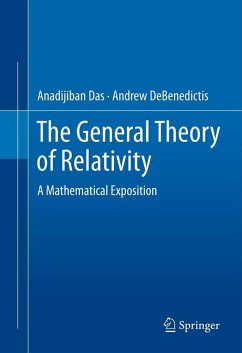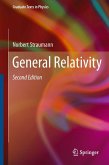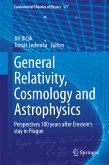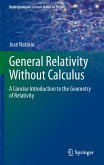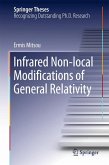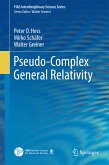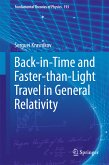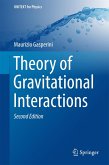The General Theory of Relativity: A Mathematical Exposition will serve readers as a modern mathematical introduction to the general theory of relativity. Throughout the book, examples, worked-out problems, and exercises (with hints and solutions) are furnished. Topics in this book include, but are not limited to: . tensor analysis . the special theory of relativity . the general theory of relativity and Einstein's field equations . spherically symmetric solutions and experimental confirmations . static and stationary space-time domains . black holes . cosmological models . algebraic classifications and the Newman-Penrose equations . the coupled Einstein-Maxwell-Klein-Gordon equations . appendices covering mathematical supplements and special topics Mathematical rigor, yet very clear presentation of the topics make this book a unique text for both university students and research scholars.
Anadijiban Das has taught courses on Relativity Theory at The University College of Dublin, Ireland; Jadavpur University, India; Carnegie-Mellon University, USA; and Simon Fraser University, Canada. His major areas of research include, among diverse topics, the mathematical aspects of general relativity theory.
Andrew DeBenedictis has taught courses in Theoretical Physics at Simon Fraser University, Canada, and is also a member of The Pacific Institute for the Mathematical Sciences. His research interests include quantum gravity, classical gravity, and semi-classical gravity.
Dieser Download kann aus rechtlichen Gründen nur mit Rechnungsadresse in A, B, BG, CY, CZ, D, DK, EW, E, FIN, F, GR, HR, H, IRL, I, LT, L, LR, M, NL, PL, P, R, S, SLO, SK ausgeliefert werden.

